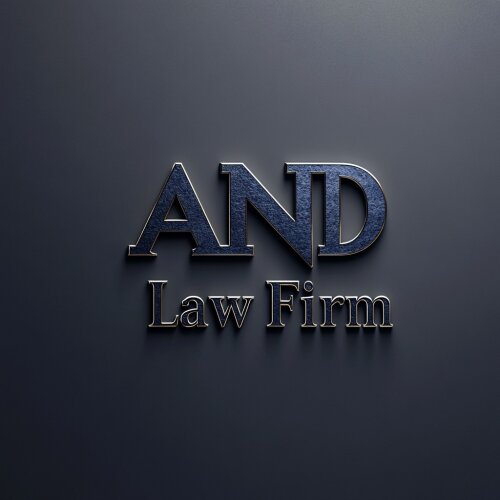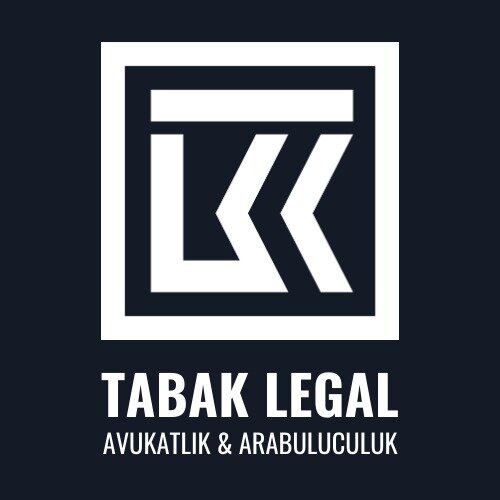Best Toxic Mold Lawyers in Turkey
Share your needs with us, get contacted by law firms.
Free. Takes 2 min.
Or refine your search by selecting a city:
List of the best lawyers in Turkey
About Toxic Mold Law in Turkey
Toxic mold, often found in damp and humid areas, can pose serious health risks. In Turkey, awareness about the implications of toxic mold has grown, especially as it can contribute to respiratory issues and allergies. While not as prevalent as in some other countries, Turkey has seen an increase in cases related to toxic mold due to factors like climate changes and increased urbanization. Legal awareness around toxic mold is developing, with a need for more comprehensive regulations and enforcement.
Why You May Need a Lawyer
There are several situations where individuals or businesses might require legal assistance concerning toxic mold:
- Health Issues: Residents experiencing health issues potentially caused by mold exposure may need legal help to seek compensation or remediation.
- Property Damage: Property owners or tenants facing mold-related damages might need guidance on liability and insurance claims.
- Tenant-Landlord Disputes: Disputes can arise over responsibility for mold remediation and associated costs.
- Workplace Safety: Employees may need advice if their workplace is affected, impacting their health and safety.
- Environmental Compliance: Businesses may require legal advice on compliance with environmental laws related to mold prevention and management.
Local Laws Overview
In Turkey, there isn't a single law specifically addressing toxic mold, but several legal frameworks could be relevant:
- Health Regulations: Local health regulations may indirectly address mold, primarily focusing on maintaining safe living and working environments.
- Environmental Law: General provisions for environmental protection could apply, aiming to limit harmful exposures.
- Civil Code: Under the Turkish Civil Code, property owners are obliged to ensure their premises are free from conditions that could endanger tenants' health.
- Consumer Protection Law: If mold is a result of a defect in a purchased product, this law could apply to seek remedies.
Frequently Asked Questions
What is toxic mold?
Toxic mold refers to mold that releases mycotoxins, which can pose health risks ranging from allergies to severe respiratory problems.
How do I know if I have a toxic mold problem?
Common signs include water damage, a musty odor, visible mold growth, and health symptoms such as sneezing, coughing, or skin rashes.
Is there a specific law about toxic mold in Turkey?
No, there is no specific law focused solely on toxic mold. However, various environmental, health, and civil regulations may apply.
Who is responsible for mold remediation in rental properties?
Generally, landlords are responsible for maintaining safe living conditions, including addressing mold issues, unless the tenant's actions caused the mold.
What should I do if my landlord refuses to fix a mold problem?
You may need to seek legal assistance to enforce the landlord's obligations under the lease agreement and local laws.
Can I sue for health problems caused by toxic mold?
Yes, if you can prove that your health issues are directly linked to mold exposure through negligence or noncompliance by another party.
Are there any governmental bodies that handle mold complaints in Turkey?
Complaints can typically be directed to local municipal health authorities or environmental protection agencies.
What evidence is needed to support a mold-related legal case?
You might need medical records, environmental tests proving the presence of toxic mold, and documentation of any communications with property owners or responsible parties.
How long does it take to resolve mold-related legal disputes?
Resolution time can vary depending on the complexity of the case and the legal route taken, ranging from a few months to several years.
Can businesses face penalties for toxic mold in their premises?
Yes, businesses may face fines or lawsuits if mold issues violate health and safety regulations or cause harm to employees or customers.
Additional Resources
Here are some resources that might be helpful:
- Local Health Departments: Contact your local health authorities for inspections and guidance.
- Environmental Agencies: Agencies can provide information on environmental regulations and compliance.
- Consumer Protection Organizations: For advice and assistance in cases of defective products leading to mold issues.
- Legal Aid Services: Some organizations offer legal advice and representation for residents facing mold-related issues.
Next Steps
If you suspect legal issues related to toxic mold, consider taking the following steps:
- Document Everything: Keep detailed records of any mold presence, health issues, and communications with property owners or authorities.
- Seek Medical Advice: Consult a healthcare provider if you experience health issues related to mold exposure.
- Contact a Lawyer: Engage with a legal professional experienced in environmental or property law in Turkey.
- Get an Environmental Assessment: Hire professionals to assess and document mold presence and its potential impact.
Taking these steps can help you build a strong foundation for any necessary legal action or negotiations.
Lawzana helps you find the best lawyers and law firms in Turkey through a curated and pre-screened list of qualified legal professionals. Our platform offers rankings and detailed profiles of attorneys and law firms, allowing you to compare based on practice areas, including Toxic Mold, experience, and client feedback.
Each profile includes a description of the firm's areas of practice, client reviews, team members and partners, year of establishment, spoken languages, office locations, contact information, social media presence, and any published articles or resources. Most firms on our platform speak English and are experienced in both local and international legal matters.
Get a quote from top-rated law firms in Turkey — quickly, securely, and without unnecessary hassle.
Disclaimer:
The information provided on this page is for general informational purposes only and does not constitute legal advice. While we strive to ensure the accuracy and relevance of the content, legal information may change over time, and interpretations of the law can vary. You should always consult with a qualified legal professional for advice specific to your situation.
We disclaim all liability for actions taken or not taken based on the content of this page. If you believe any information is incorrect or outdated, please contact us, and we will review and update it where appropriate.
Browse toxic mold law firms by city in Turkey
Refine your search by selecting a city.
















